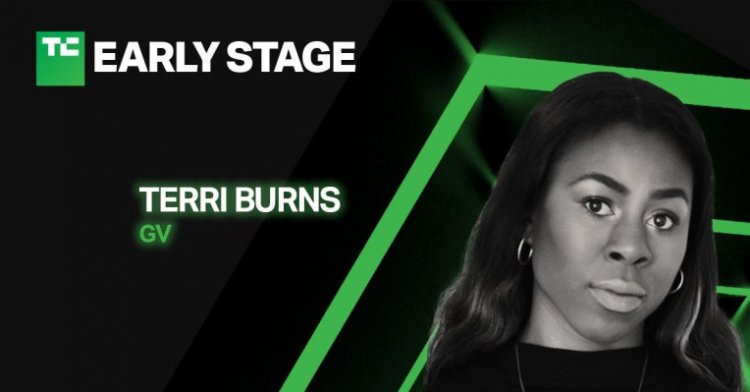GV’s Terri Burns outlines the essential do’s and don’ts of finding product-market fit at TechCrunch Early Stage
Finding product-market fit, that elusive, holy grail of startup success, can be one of the biggest challenges early-stage founders face. This crucial milestone assures you — and potential investors — that your customer base is actively buying, using and talking about your product. In short, it determines the future growth and profitability of your startup. […]

Finding product-market fit, that elusive, holy grail of startup success, can be one of the biggest challenges early-stage founders face. This crucial milestone assures you — and potential investors — that your customer base is actively buying, using and talking about your product. In short, it determines the future growth and profitability of your startup.
It seems like a straight-forward proposition. Find a market and create a product that meets the needs of that market. However, it’s much easier said than done — and not just for early-stage founders.
Jeffrey Katzenberg and Meg Whitman co-founded Quibi, a short-form mobile-native video platform, in 2020. The private company, funded to the tune of $2 billion, failed spectacularly within six months due, in large part, to a flawed product-market fit. No one ever asked for short-form video on mobile, to our knowledge.
Achieving product-market fit arguably ranks as a company’s number one strategic objective. Without it, you can’t know whether your product will generate profit, much less turn your focus to other vital initiatives like growth or upselling customers.
At this point in your startup career, you’re likely in the pre-product-market fit stage, or maybe you think you already have it. Wherever you fall on the product-market fit spectrum, you don’t want to miss Finding Product Market Fit with Terri Burns at TechCrunch Early Stage on April 14.
Terri Burns, a partner at GV (formerly Google Ventures), invests in consumer companies and the future of work, with a bent on helping them find product-market fit. Her investments include HAGS and Locker Room, which Spotify acquired last March and relaunched as Spotify Greenroom in June.
Prior to joining GV in 2017, Burns served as an associate product manager at Twitter, focused on user experience. She also worked as a developer evangelist and front-end engineer at Venmo.
During this interactive session, Burns will cover the fundamentals of finding product market fit. She’ll lay out and explain the processes involved, incorporating customer feedback loops into the process, and the importance of iteration, speed, consistency and adaptability.
TC Early Stage sessions provide plenty of time to engage, ask questions and walk away with a deeper, working understanding of topics and skills that are essential to startup success. Secure your seat now before prices increase!







